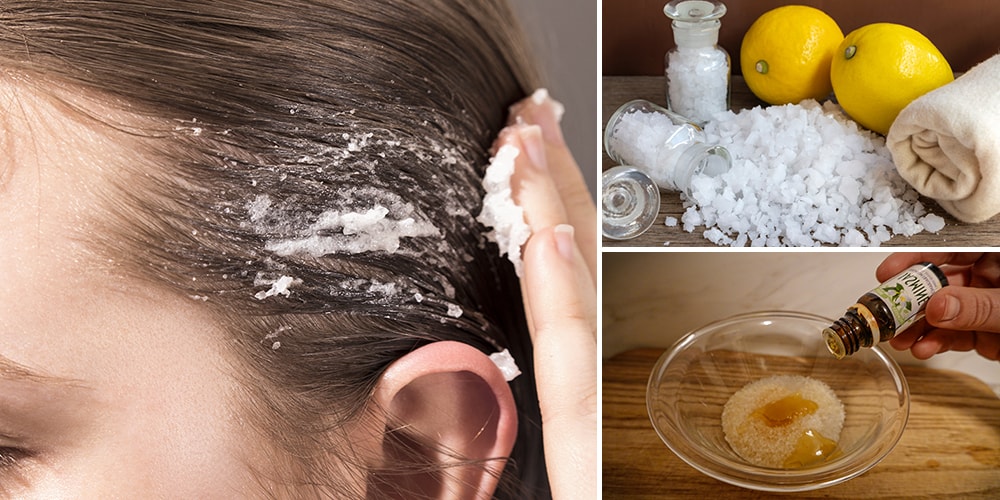
DIY Scalp Scrub to Boost Hair Growth
Hair growth solutions are some of the most sought-after remedies. People want hair that’s thicker, shinier, longer, and healthier. While there may not be a magic wand to make all your hair problems disappear (or make your hair reappear), adding a scalp scrub to your hair care regimen can create the conditions that support hair growth. Our DIY scalp scrub recipe uses ingredients that exfoliate away the scum that clogs your pores while infusing your hair follicles with nutrients.
Why Use a DIY Scalp Scrub?
When it comes to hair care, everyone has their own routine. Ask a handful of people, and you’ll likely get a different answer from each one. Shampoos, conditioners, and leave-in treatments vary widely, and so do the schedules on which they’re used. This makes sense—hair has different needs depending on factors like texture, length, color, style, and even climate. For example, when I moved to Colorado, I had to completely rethink my routine to keep my hair from drying out and becoming brittle.
With so much focus on maintaining soft, shiny hair, we often forget about the foundation of it all—our scalp. A healthy scalp is essential for strong, vibrant hair, yet it’s easy to overlook. Just like the skin on the rest of our body, the scalp can accumulate oil, dirt, and product buildup over time. If left unchecked, this can lead to dandruff, itchiness, irritation, and even hair loss.
A DIY scalp scrub is a simple yet effective way to remove this buildup, unclog hair follicles, and improve circulation, allowing for better nutrient absorption. Regular exfoliation also helps shed dead skin cells, creating the perfect environment for new, healthy hair growth. By adding a scalp scrub to your routine, you’re not just caring for your hair—you’re nourishing the foundation that keeps it strong.
What Goes into a Scalp Scrub?
A homemade scalp scrub typically has three elements: an acid, a moisturizing fat, and an exfoliant. It is different than a hair growth serum. Depending on your hair type, you might find it useful to play around with different variations of our recipe. To give you some inspiration, here are some alternative ingredients to put in your scalp scrub, along with their purposes.
Acids
- Apple Cider Vinegar: This acidic vinegar contains natural alpha-hydroxy acids that can help to exfoliate the scalp and remove buildup, making it a great choice for those with oily or product-laden hair. Additionally, it can help to balance the pH of the scalp, which can be especially beneficial for those with dandruff or other scalp issues.

- Lemon Juice: The acidic nature of lemon juice can help to balance the pH of the scalp, which can reduce dandruff, flaky scalp, and other scalp issues that can inhibit hair growth. Additionally, the high concentration of vitamin C in lemon juice can help to nourish the hair follicles, promoting healthy growth and improving the overall appearance of the hair.
Fats
- Coconut Oil: Coconut oil is incredibly moisturizing, helping to nourish the scalp and hair while also preventing dryness and flakiness. It can also help to reduce inflammation and irritation, which can be beneficial for those with sensitive scalp.
- Olive Oil: Olive oil has a high concentration of antioxidants, vitamins, and fatty acids that can help to nourish the hair follicles, improve circulation, and reduce inflammation on the scalp, all of which can promote healthy hair growth. For the most benefits, use extra virgin olive oil that has been cold-pressed.
- Pumpkin Seed Oil: Full of nourishing vitamins, pumpkin seed oil offers moisture and resilience to each strand of hair. Make your own pumpkin seed oil with this recipe!
Exfoliants
- Salt: Salt is best for removing impurities on the scalp, and is best for oily hair or scalp with dandruff. It’s also great to scrub off any chemical buildup due to products. Coarse sea salt is a popular choice, as it’s larger and more abrasive than table salt. However, if you have sensitive skin, you may want to opt for a finer salt or a salt scrub that’s been pre-mixed with oils or other ingredients to help soften the texture.
- Sugar: Sugar scrubs add moisture and can soften the scalp and hair. They’re good for skin detox and unclogging pores. Like with salt, it’s important to choose the right type of sugar when using it as an exfoliant. Brown sugar is a popular choice, as it’s finer and gentler than white sugar.
- Oatmeal: Oatmeal is more gentle and good for children or anyone with more sensitive skin. You can grind it up to get the best texture for exfoliating.
Other Ingredients
- Honey: Honey is a natural humectant, meaning it helps to attract and retain moisture. This can be especially helpful for those with dry or damaged hair, as it can help to lock in moisture and prevent further damage. Honey is also known for its antibacterial properties, which can help to keep the scalp clean and healthy.
- Jasmine essential oil: It contains natural antiseptic and anti-inflammatory properties that can help to soothe and nourish the scalp, promoting healthy hair growth. Of course, other essential oils like lavender or rosemary are also nourishing for hair follicles.
You should check out this easy and effective Hair Loss Protocol available at page 274 in The Holistic Guide to Wellness.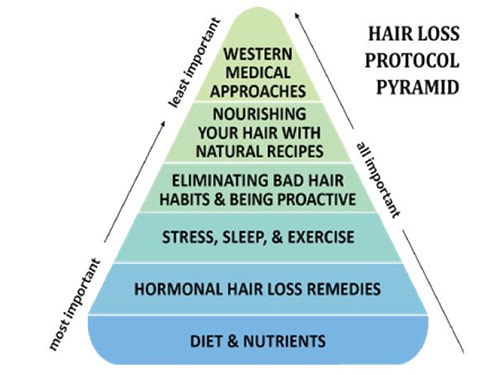
Scalp Scrub Recipe
Scalp scrubs feel amazing and give your hair some much-needed tender loving care. While there are plenty of scalp scrubs available for purchase, making your own DIY version is a great way to save money and customize the ingredients to your specific needs. For this recipe, we prioritized the ingredients that would freshen up the scalp and stimulate hair growth.
Ingredients:
- 1/4 cup coarse sea salt
- 1 tablespoon coconut oil
- 1 tablespoon apple cider vinegar
- 1 teaspoon honey
- Jasmine essential oil
Instructions:
- Start by mixing the sea salt, coconut oil, and apple cider vinegar together in a small bowl until well combined. You want the mixture to be thick and gritty, so adjust the amount of salt and oil as needed to achieve the desired consistency.
- Add in the honey and a few drops of the jasmine essential oil, stirring until everything is evenly mixed.

- Enjoy your scalp scrub! Depending on the dryness of your hair, repeat use once every month up to once per week.

Alternatively, you can also use this DIY scalp scrub for deep cleaning, hair growth, and buildup removal:
Another healthy scrub is this one and if you are interested in something specific for hair growth, just click here or here.
How to Use a DIY Scalp Scrub
To use the scalp scrub, scoop a generous amount into your hands and rub it between your palms. Gently massage it into your scalp using small circular motions with your fingertips, focusing on stimulating the skin without applying too much pressure. The goal is to exfoliate and nourish the scalp without causing irritation.
Let the scrub sit for a few minutes to allow the ingredients to work their magic. The coconut oil, honey, and apple cider vinegar help condition and strengthen not just your scalp but your entire hair strand. As the scrub sits, you can use a comb to distribute it evenly through your hair for added benefits.
Once you’ve worked it through, rinse thoroughly with warm water to remove all traces of the scrub. Follow up with your regular shampoo and conditioner to ensure your hair is clean, soft, and refreshed. Regular use of this scrub can help maintain a healthy scalp, reduce buildup, flaky scalp, and leave your hair looking its best.
The Bottom Line
In conclusion, making your own DIY scalp scrub is a simple and effective way to promote healthy hair growth. By using natural ingredients like sea salt, coconut oil, honey, and apple cider vinegar, you can gently exfoliate and nourish your scalp while also enjoying a luxurious spa-like experience.
Give it a try and see the difference it can make for your hair! Let us know if you tried any of the ingredient variations and how they worked for you.

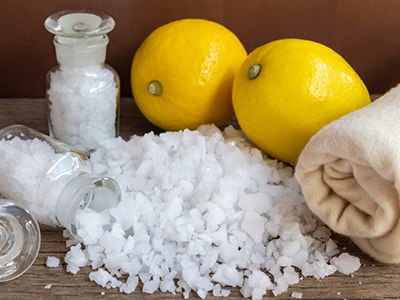
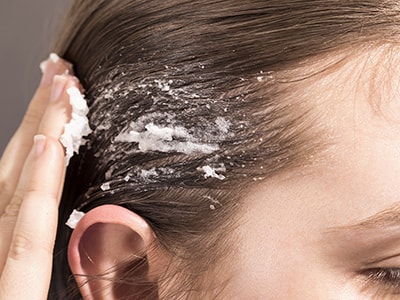
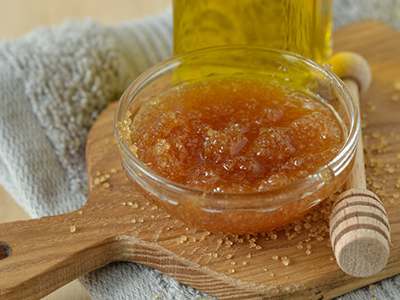
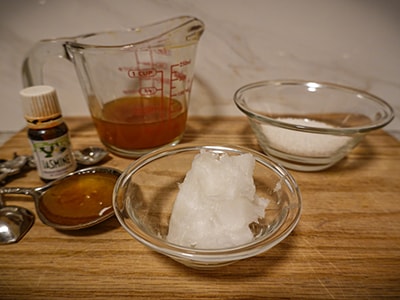
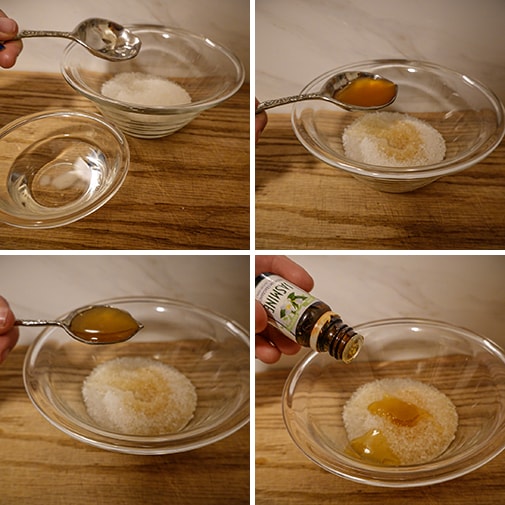
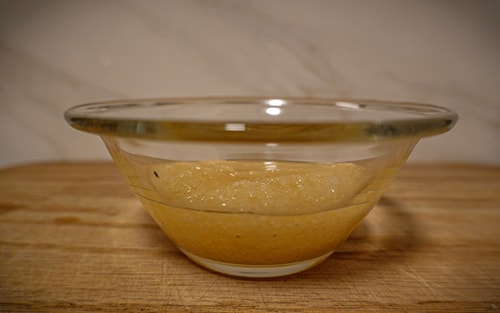
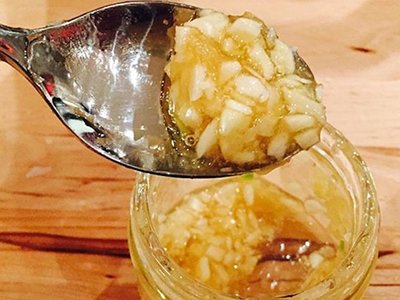
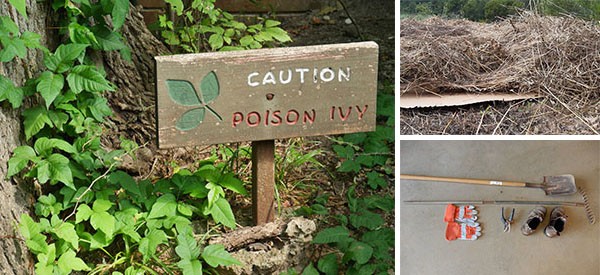
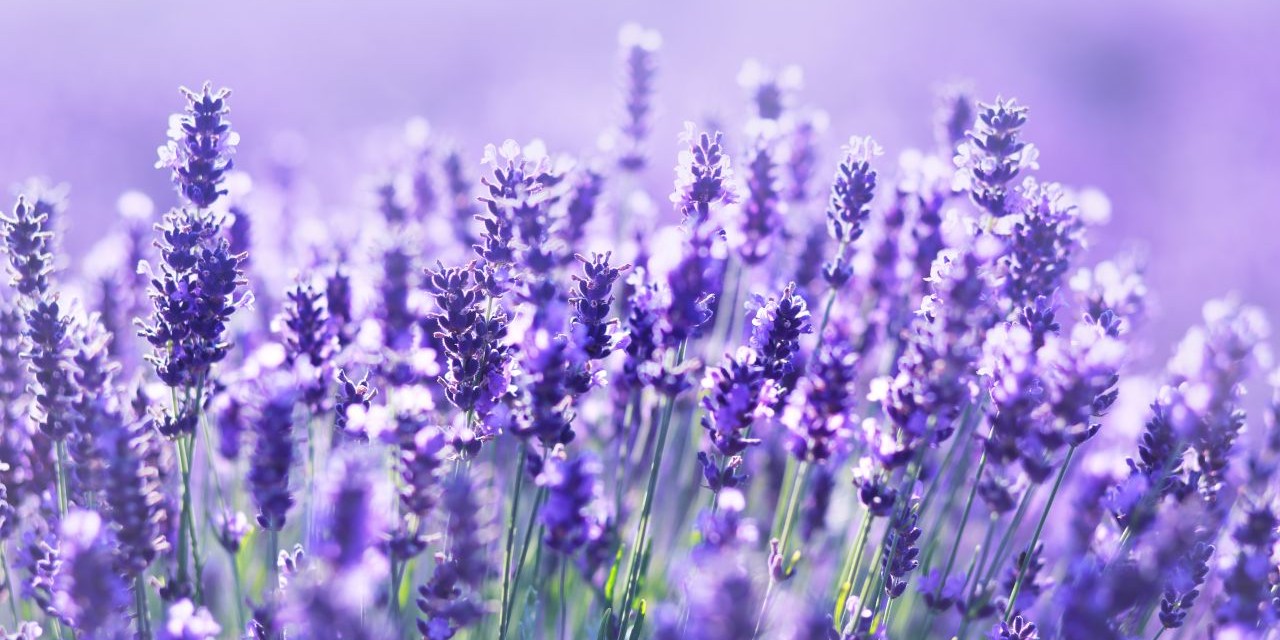
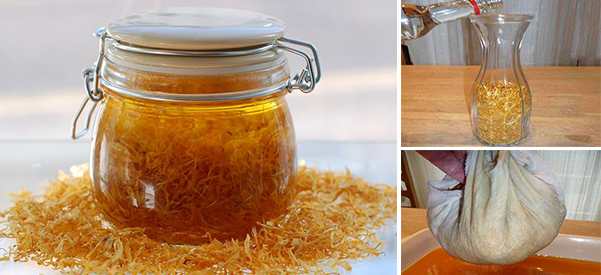
One concern I have about using coconut oil is the potential to clog plumbing with buildup. Is there a good alternative to this?
Boil a pot of water and pour it in your drain afterwards.
Do you eat hamburger or bacon?
Them drippings go down the drain too.
Anything that’s meltable can be remedied with boiled hot water poured directly afterwards.
Rice is worse for your plumbing than many oils/greases
coconut oil has a very low melting point and is pretty easily broken down. I use it on my hair once a week as a conditioner and have yet to have any drain problems. It shouldn’t be an issue. Animal fats are more of an issue than coconut oil would be.
How long does this keep for please? I’d like to make some but wondering if it keeps well save wasting any thank you
Given all the ingredients are highly shelf stable I would say weeks if not months? I would refrigerate the scrub if you’re using lemon juice tho or if you want it to keep for longer, but the coconut oil and honey will solidify so you’ll want to take it out of the fridge to thaw a bit before using again 😉
Hi Layla,
Body and face scrubs containing salt/sugar and oil should last several months, maybe a year, if not contaminated with water (or bacteria from fingers).
Many blessings and good health!
How long will this keep?
Hi Sarah,
Body and face scrubs containing salt/sugar and oil should last several months, maybe a year, if not contaminated with water (or bacteria from fingers).
Many blessings and good health!
Is there something you can replace the honey with? I am highly allergic to Sunflower/dandelion and all things in that group so cannot do anything with honey sadly🙄
Hi Becca,
If you’re allergic you can leave honey out of your scalp scrub mixture. It will still do a good job.
Many blessings and good health!
I love the idea of this and had a go, all the salt just fell out all over the floor. Maybe I wont use such course salt next time!
Hi Briar,
Thank you for sharing this with us! The second try will definitely be better.
Many blessings and good health!